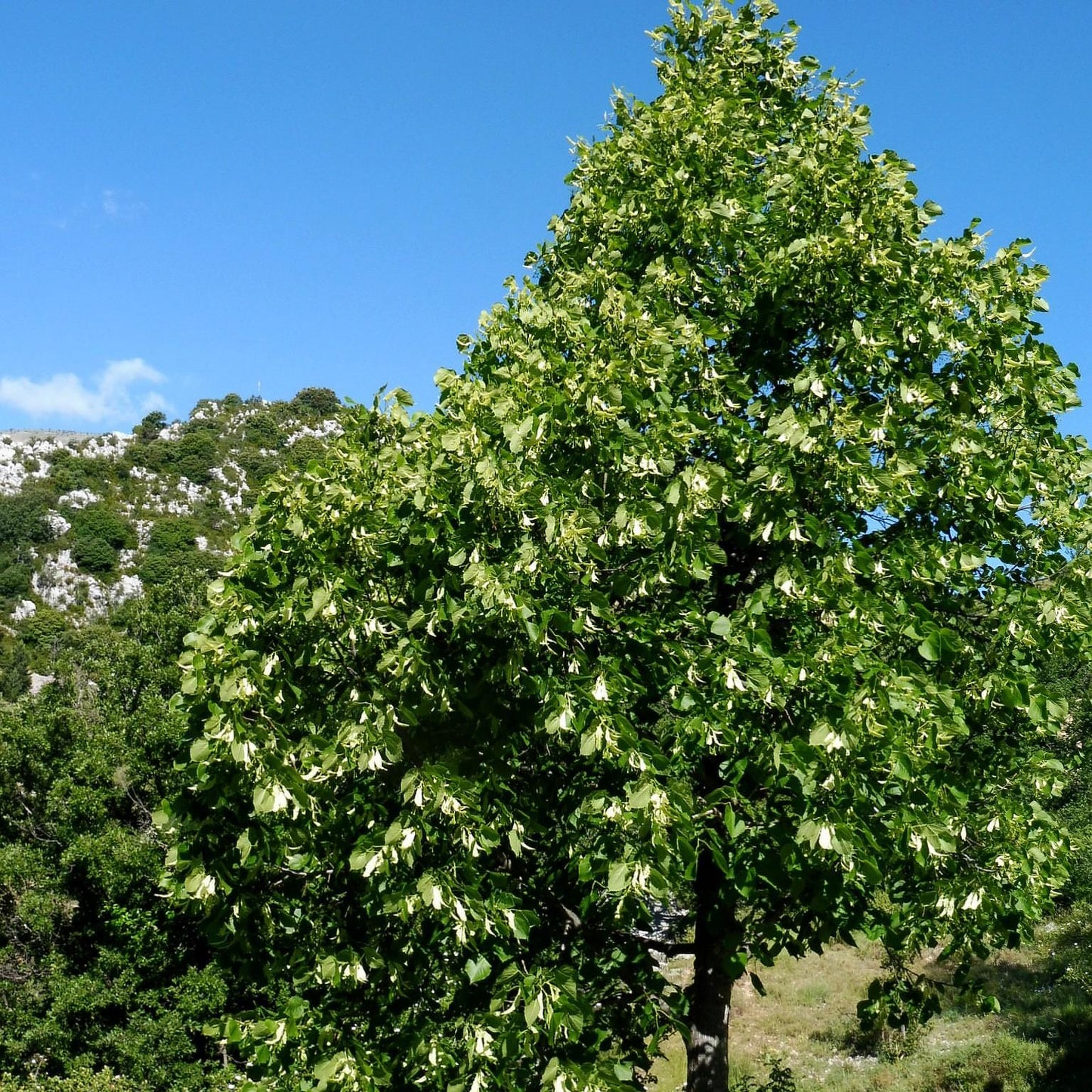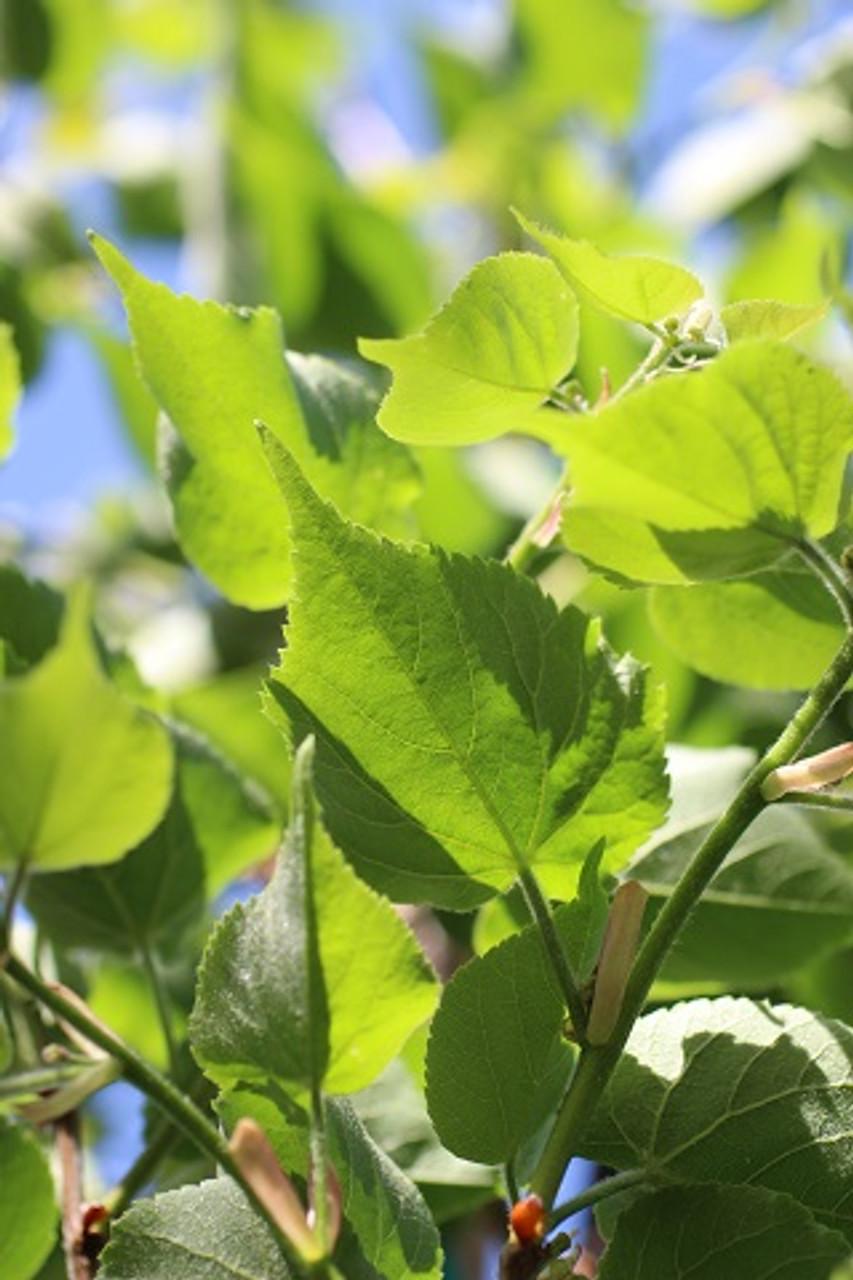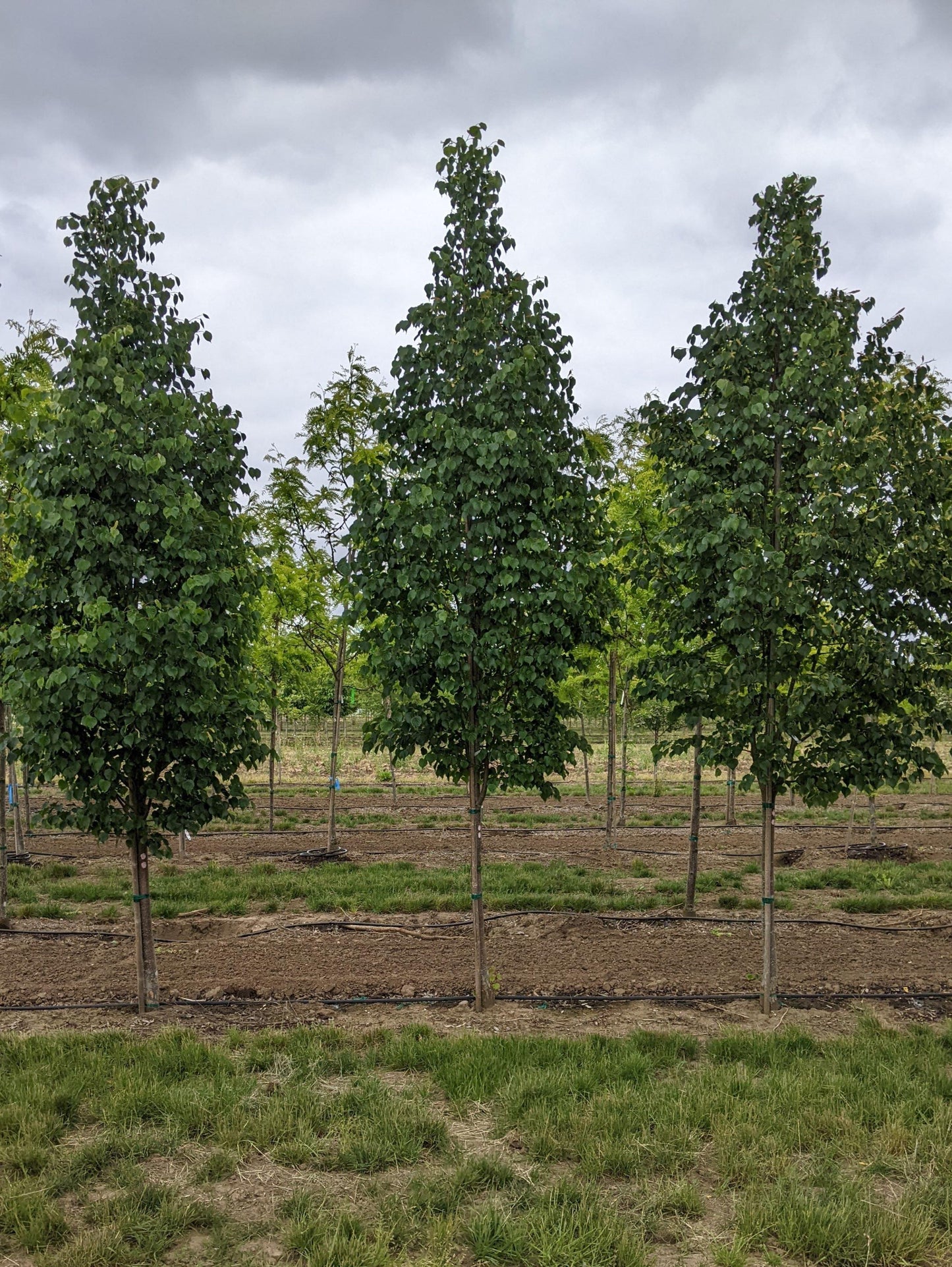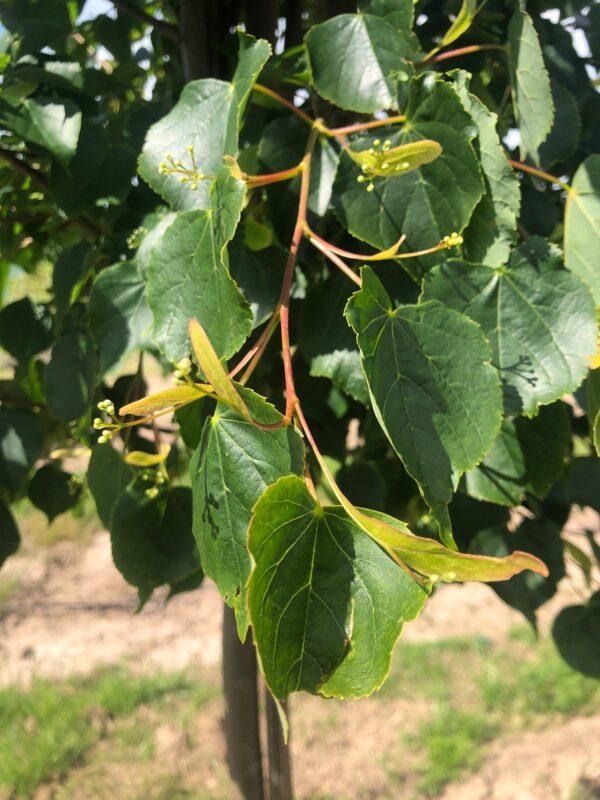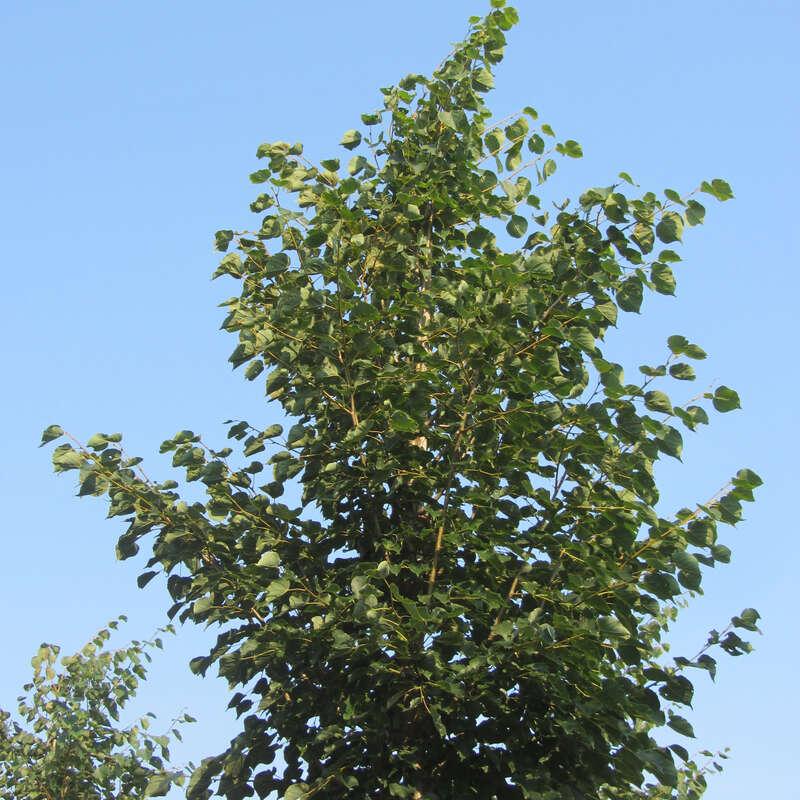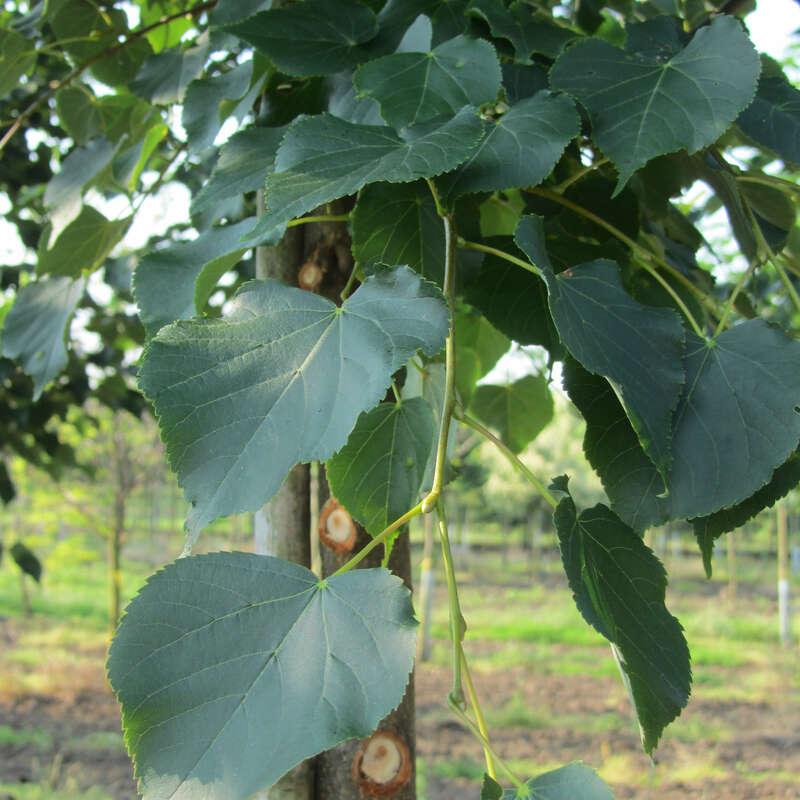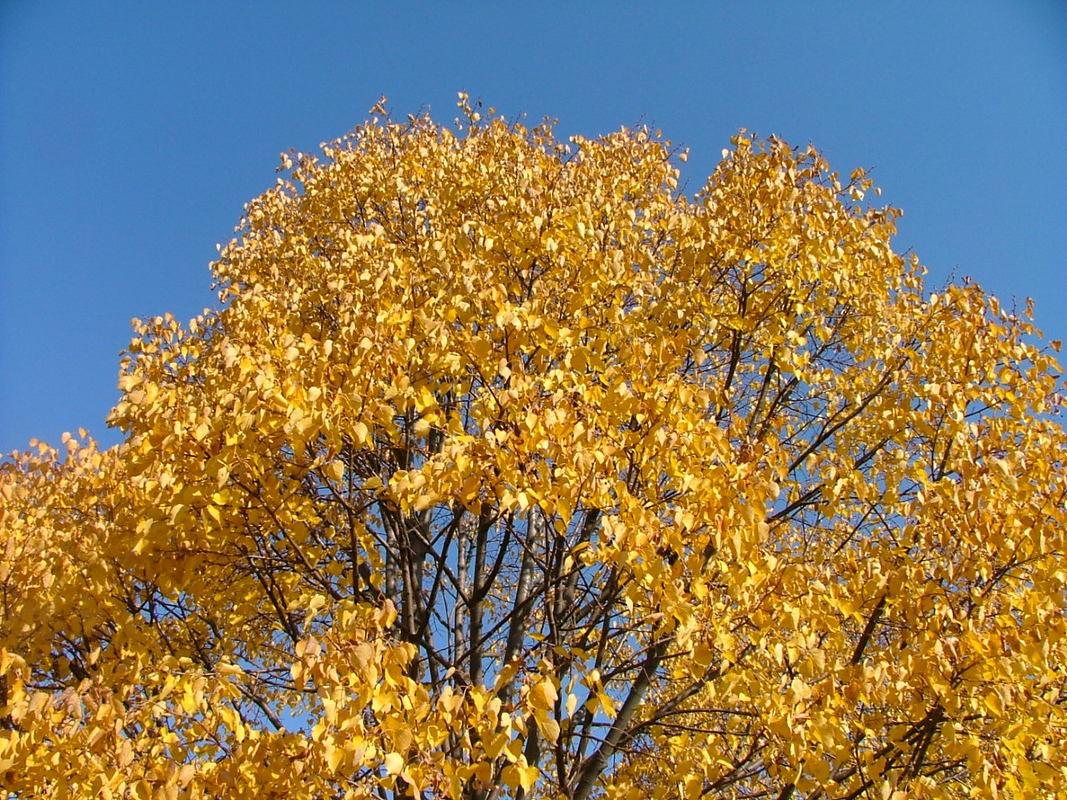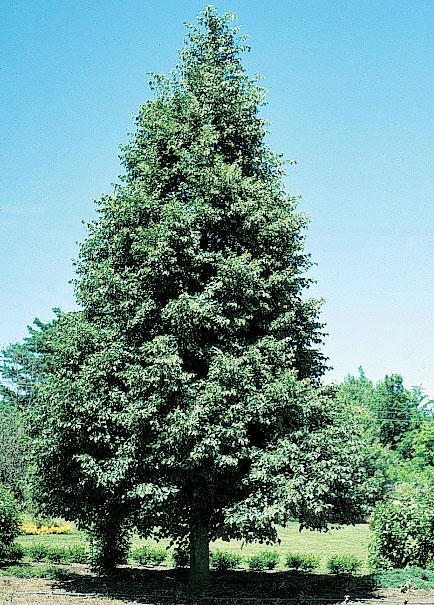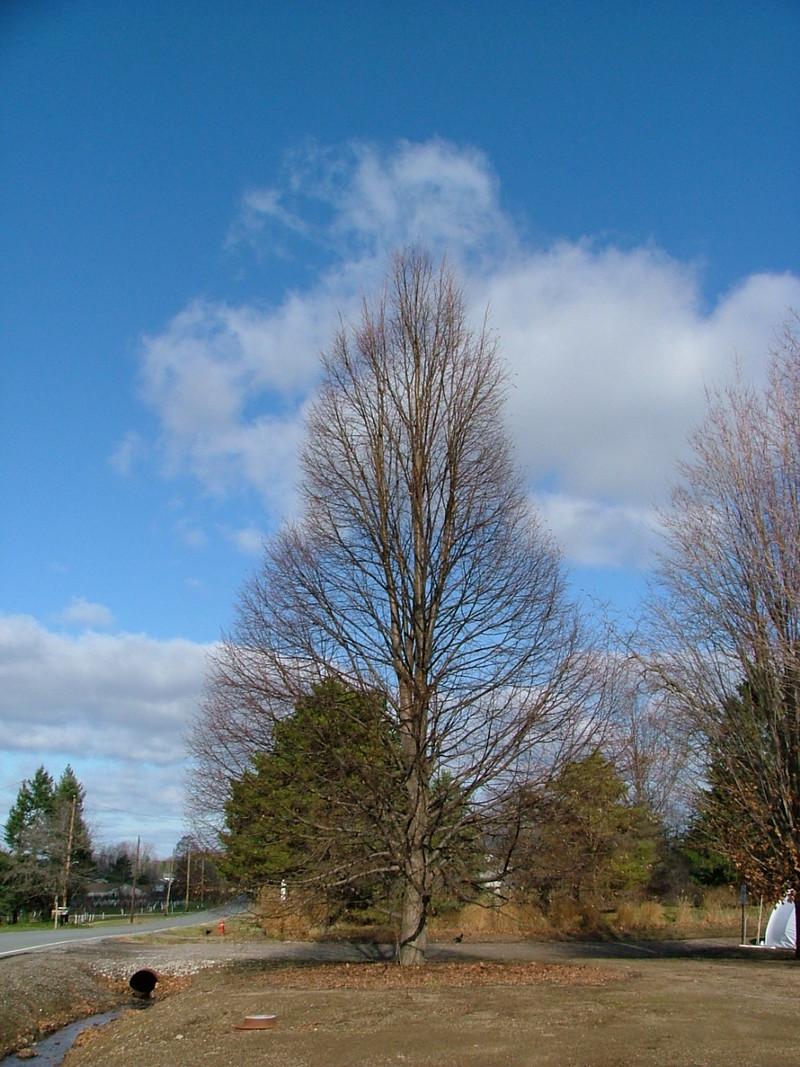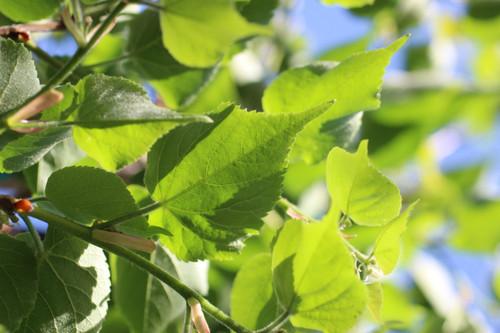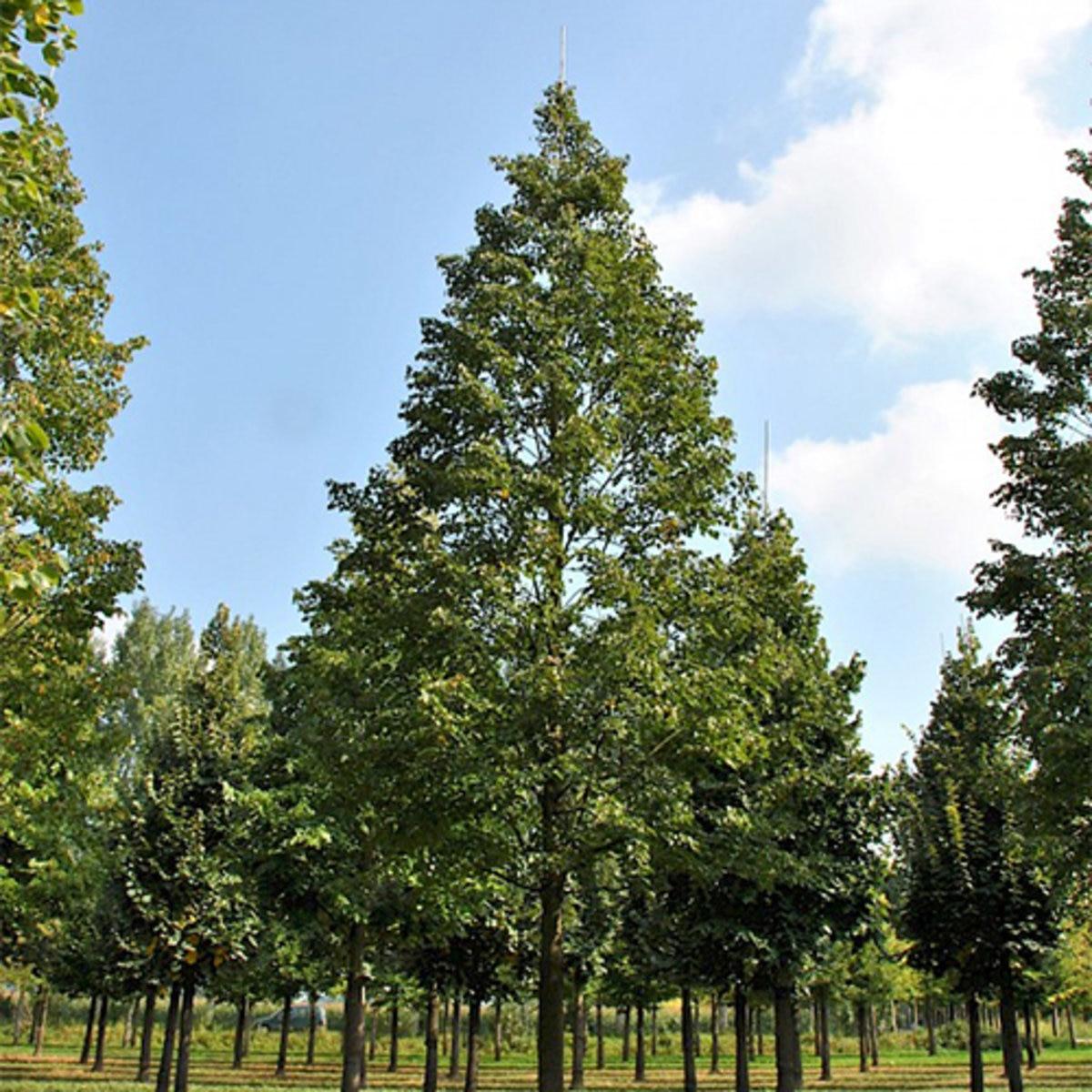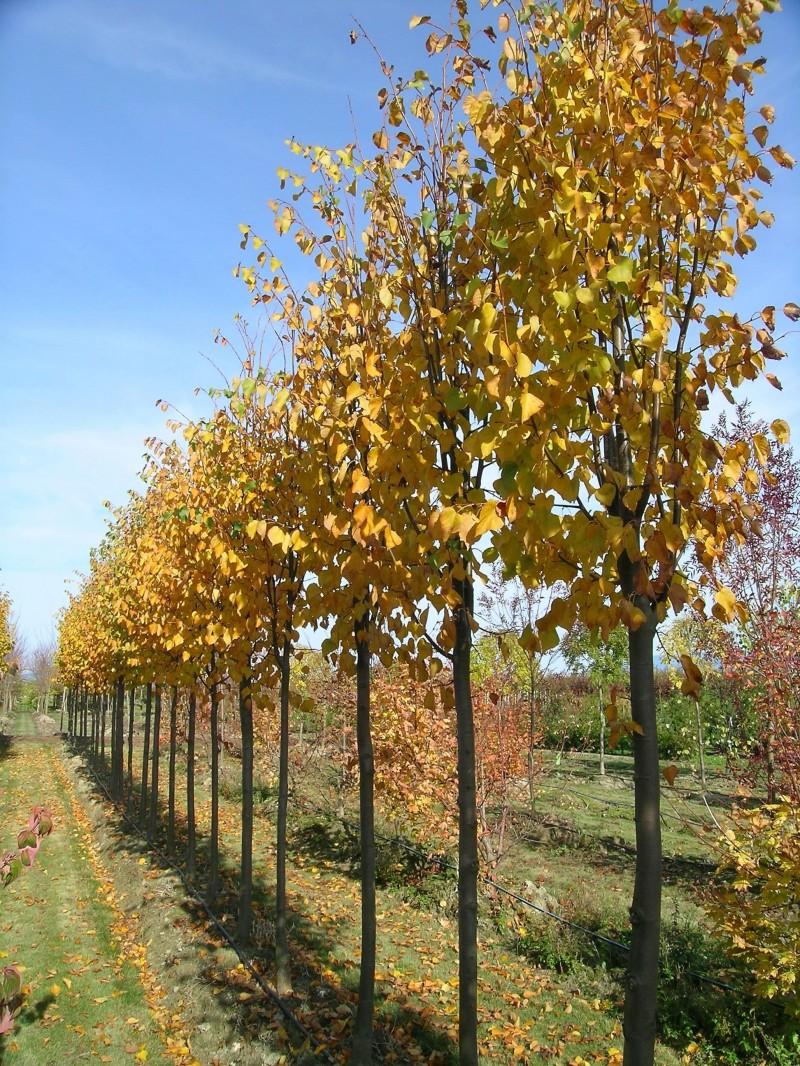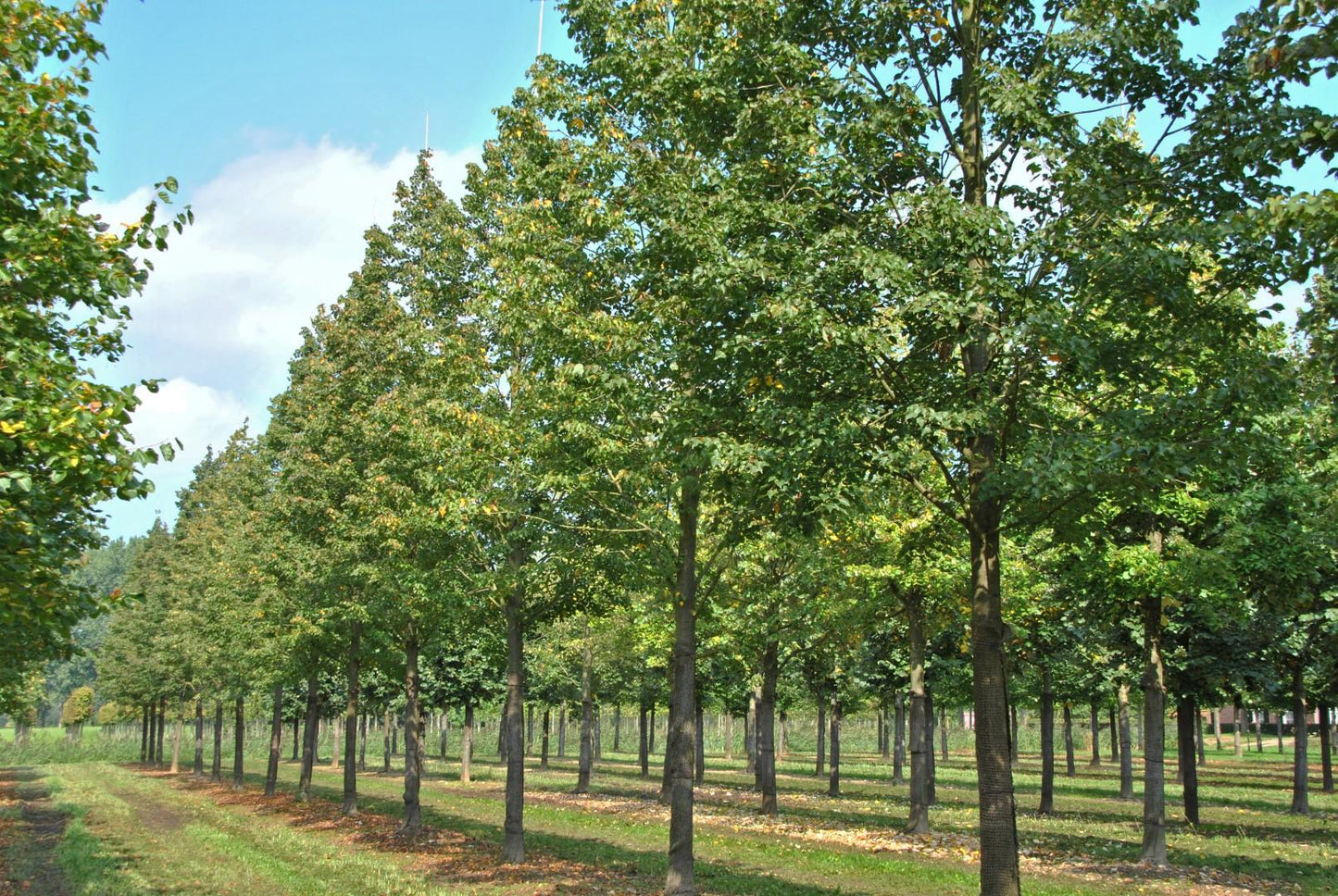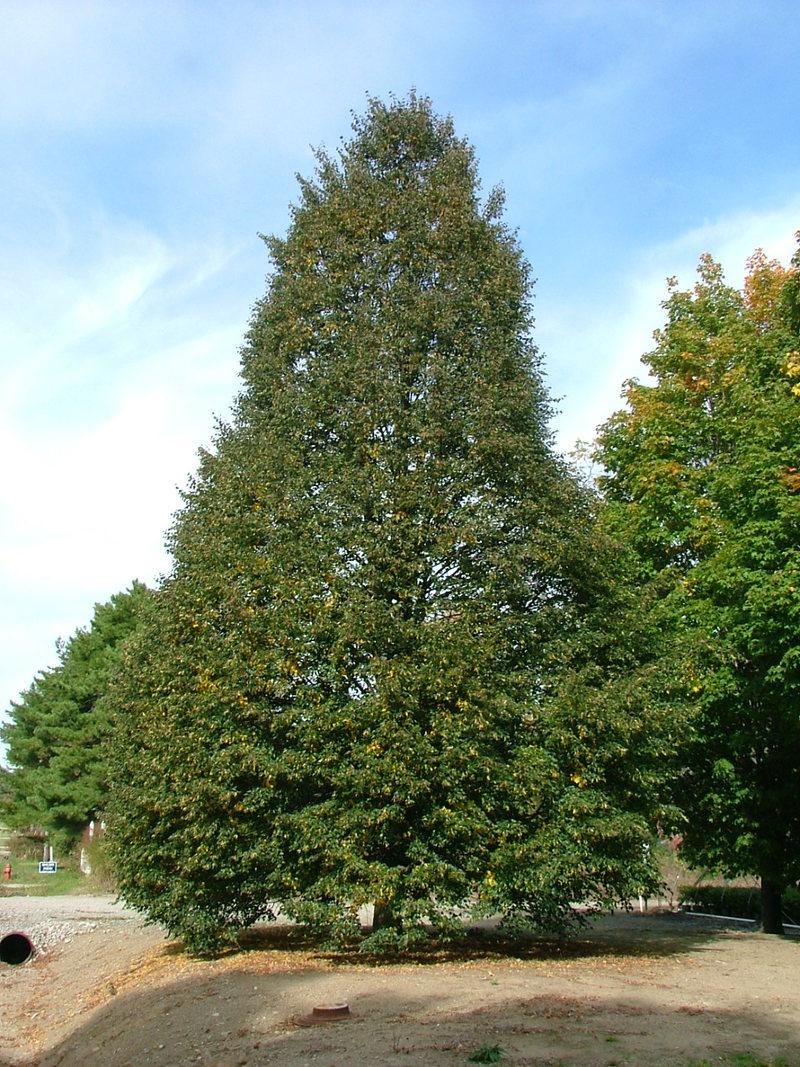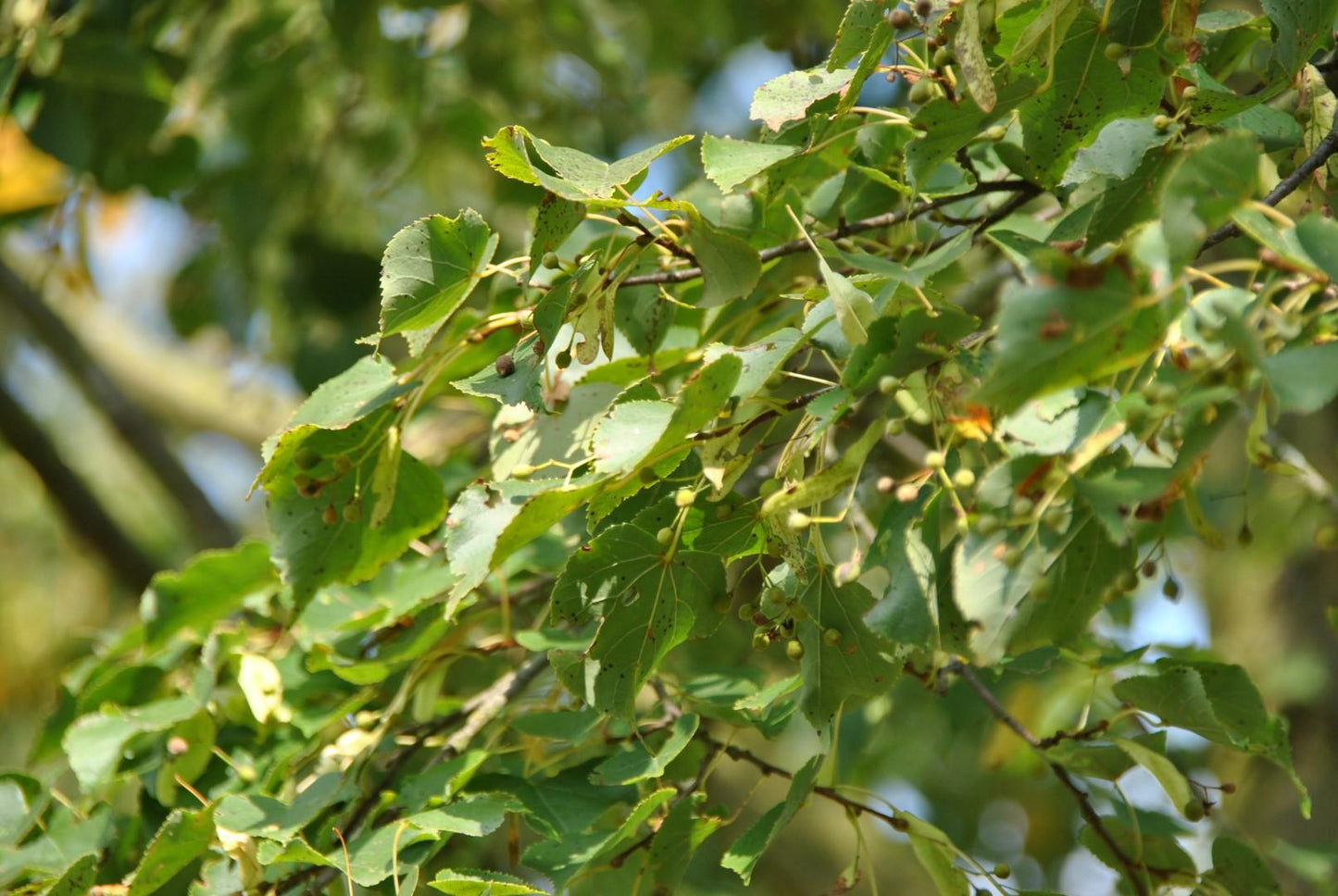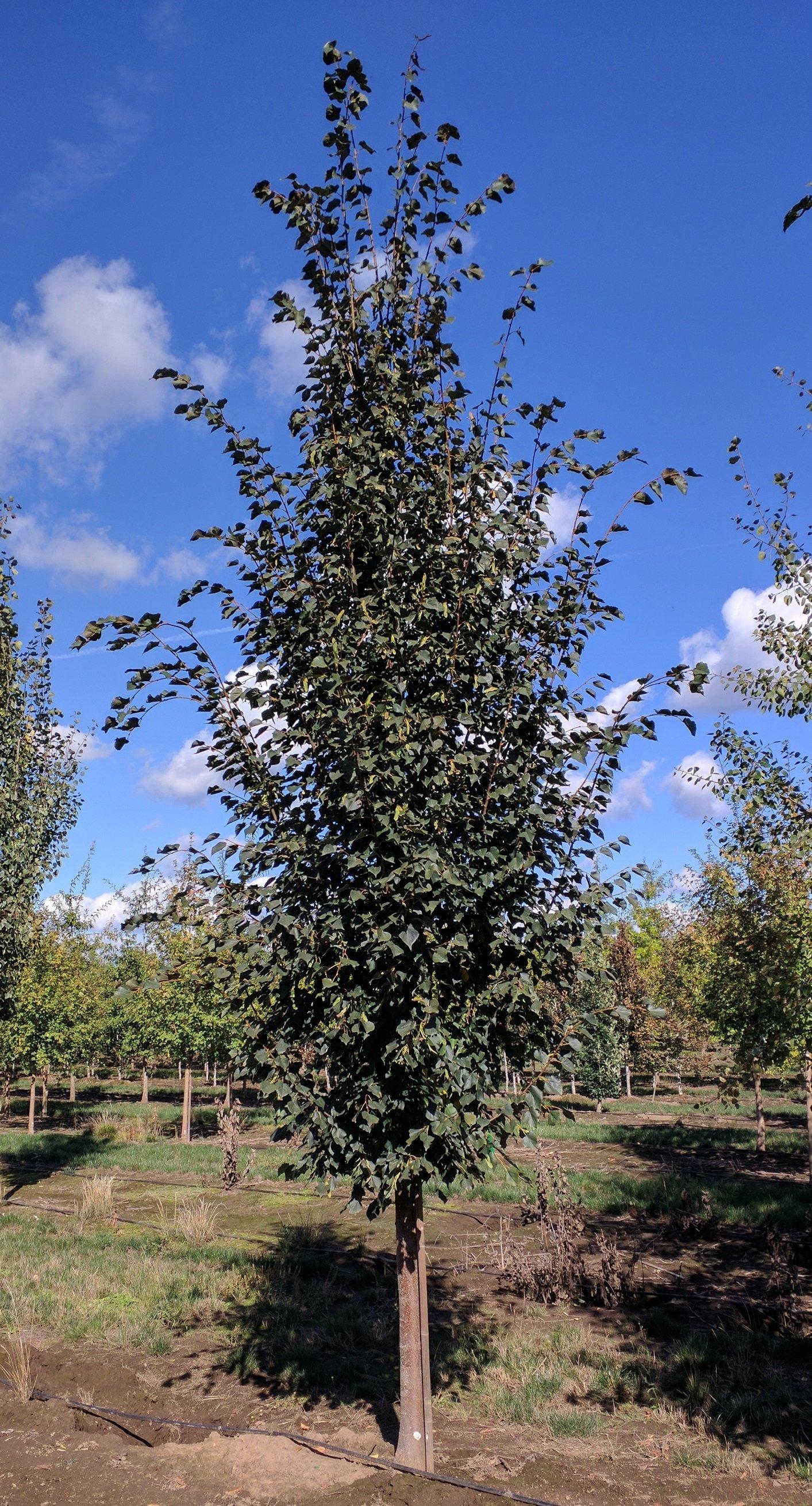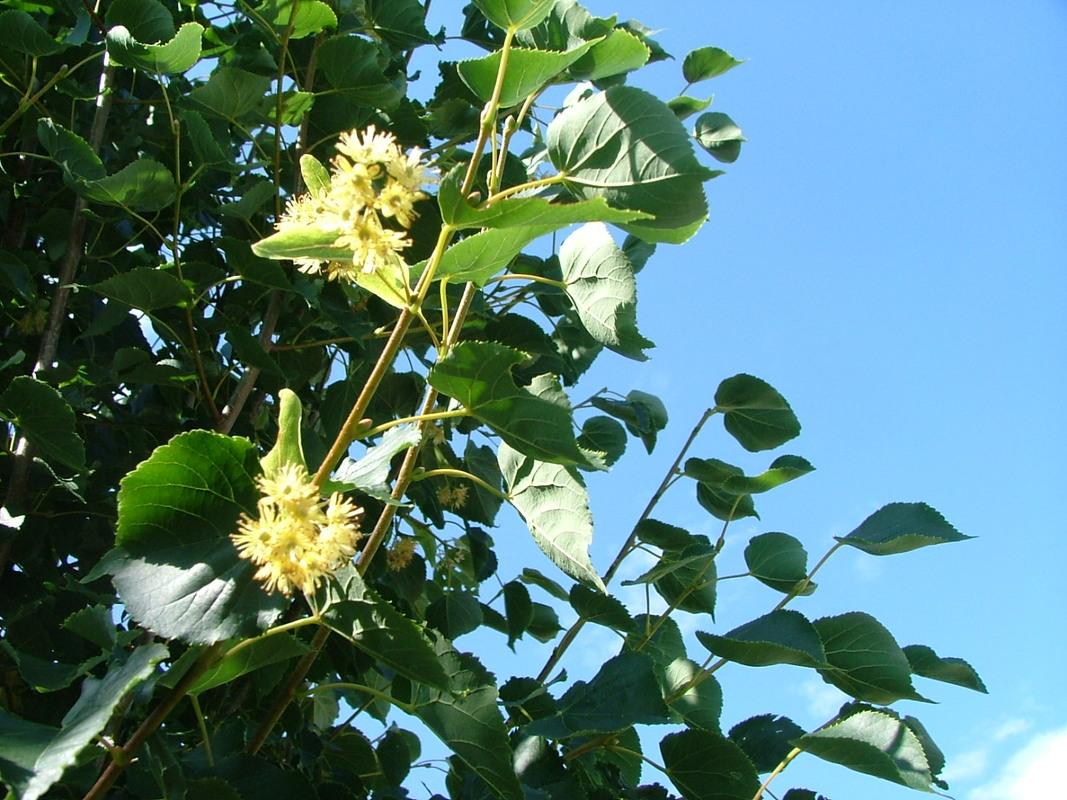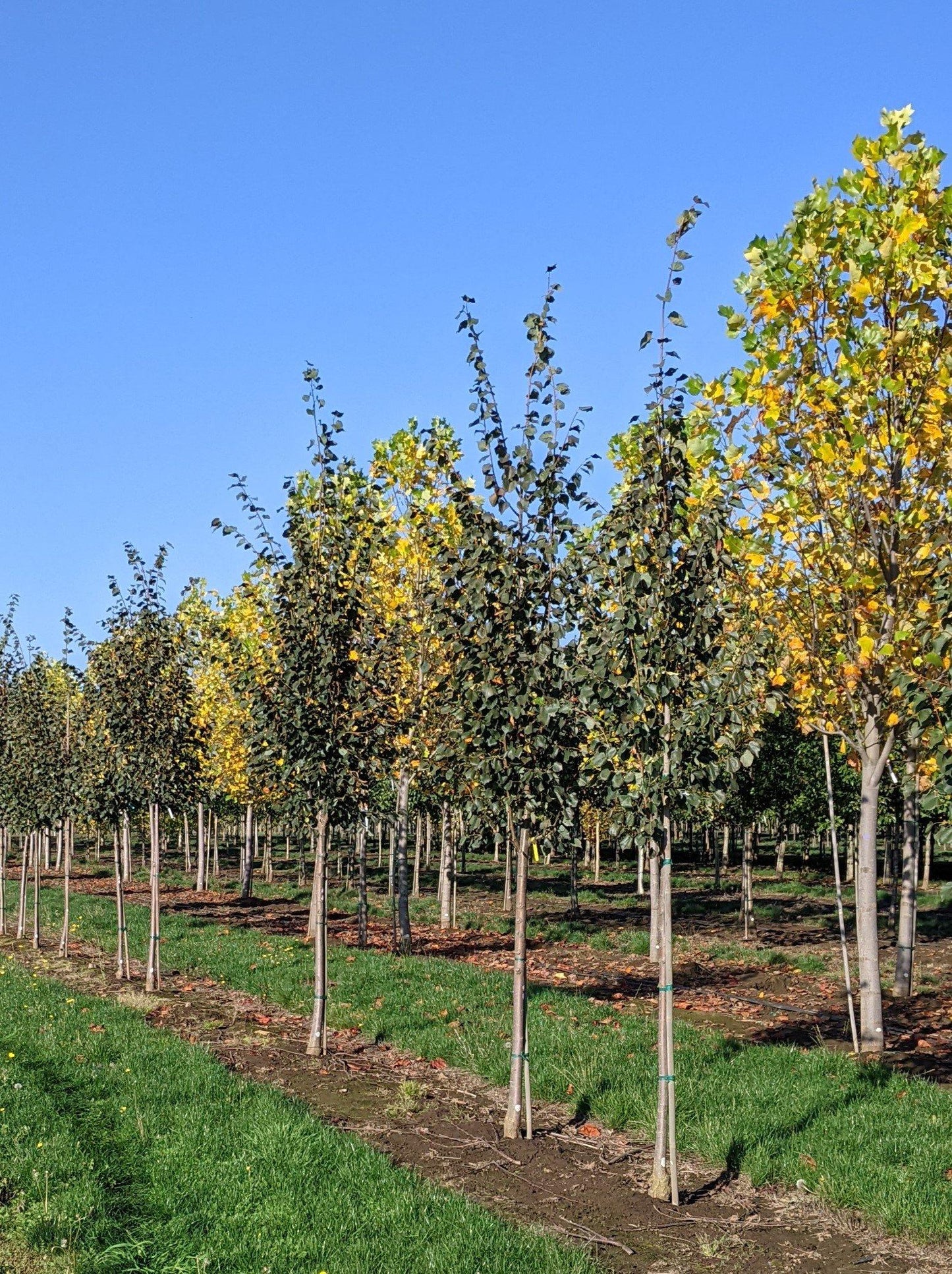1
/
of
19
Corinthian Littleleaf Linden–Tilia cordata 'Corinthian'–Fragrant and Pollinator–Friendly Tree 2.5-3" cal B&B
Corinthian Littleleaf Linden–Tilia cordata 'Corinthian'–Fragrant and Pollinator–Friendly Tree 2.5-3" cal B&B
Regular price
$1,656.00 USD
Regular price
$2,152.80 USD
Sale price
$1,656.00 USD
Unit price
/
per
Shipping calculated at checkout.
SKU:nts1735-redcrocus
Couldn't load pickup availability
Tilia cordata 'Corinthian'
Description
Tilia cordata 'Corinthian', commonly known as Corinthian Littleleaf Linden, is a deciduous tree known for its upright, columnar form and dense foliage. It is a popular choice for urban landscapes due to its tolerance to pollution and compact growth habit. The tree produces small, fragrant yellow flowers in early summer, which are highly attractive to bees and other pollinators.
Suggested Uses
This tree is ideal for use as a street tree, in parks, or as a specimen plant in large gardens. Its compact form makes it suitable for smaller spaces where a tall, narrow tree is desired.
Plant Details
-
 Botanical Name: Tilia cordata 'Corinthian'
Botanical Name: Tilia cordata 'Corinthian' -
 Common Name: Corinthian Littleleaf Linden
Common Name: Corinthian Littleleaf Linden -
 Size & Growth: 40-50 feet tall, 15-20 feet wide
Size & Growth: 40-50 feet tall, 15-20 feet wide -
 Hardiness Zones: 3-7
Hardiness Zones: 3-7 -
 Foliage Type: Deciduous
Foliage Type: Deciduous -
 Bloom Time: Early summer
Bloom Time: Early summer -
 Growth Rate: Moderate
Growth Rate: Moderate -
 Light Requirements: Full sun to partial shade
Light Requirements: Full sun to partial shade -
 Attracts Pollinators: Yes
Attracts Pollinators: Yes -
 Indoor Friendly: No
Indoor Friendly: No -
 Container Friendly: No
Container Friendly: No -
 Deer Resistant: No
Deer Resistant: No -
 Pet Warning: Non-toxic
Pet Warning: Non-toxic -
 Fragrant: Yes
Fragrant: Yes -
 Cut Flower: No
Cut Flower: No -
 Grows Well With: Other deciduous trees, shrubs
Grows Well With: Other deciduous trees, shrubs
Care Tips
-
 Planting Instructions: Plant in spring or fall for best results
Planting Instructions: Plant in spring or fall for best results -
 Soil Moisture: Keep soil consistently moist, especially in dry periods
Soil Moisture: Keep soil consistently moist, especially in dry periods -
 Soil Type: Prefers well-drained, loamy soil
Soil Type: Prefers well-drained, loamy soil -
 Humidity: Tolerates a range of humidity levels
Humidity: Tolerates a range of humidity levels -
 Pruning Instructions: Prune in late winter or early spring to maintain shape
Pruning Instructions: Prune in late winter or early spring to maintain shape -
 Winter Care: Mulch base to protect roots in colder climates
Winter Care: Mulch base to protect roots in colder climates -
 Planting Depth: Plant at the same depth as the nursery container
Planting Depth: Plant at the same depth as the nursery container -
 Fertilization: Fertilize in early spring with a balanced fertilizer
Fertilization: Fertilize in early spring with a balanced fertilizer -
 Special Care: Monitor for aphids and treat as necessary
Special Care: Monitor for aphids and treat as necessary
Share
